Here’s what you should know about Joaquin “El Chapo” Guzman, according to those who know him—from government authorities to former lovers.
What charges the drug lord will face if extradited: Since his capture in early 2016, Guzman’s lawyers have filed six injunctions, including two to fight extradition to the U.S., according to Mexican media reports. He’s currently housed in a maximum security prison near Ciudad Juarez after being moved from the Altiplano prison outside Mexico City, but ex-U.S. officials believe he’ll face trial in the U.S. soon. “I am convinced that the Mexican government will extradite Chapo Guzman,” says former Drug Enforcement Administration Chief of International Operations Mike Vigil.
Guzman could face narco-terrorism charges under a statute introduced during the Bush administration, U.S.C. Title 21 960 (a). According to recordings of a 2008 meeting between Guzman and his Chicago associates, the Flores brothers, the drug lord threatened to “send the gringos [authorities] a message.”
“Let it be a government building, it doesn’t matter whose. An embassy or consulate, a media outlet or television station [attack a Mexican or U.S. government or media building in Mexico City],” the court document reads.
“It is almost certain that narco-terrorism will definitely be one of the charges against him,” Vigil says. “Federal prosecutors will throw the kitchen sink against Chapo. None of them want to be remembered as the one who lost the case against him given the high visibility his trial will have here.”
Since 2006, when the narco-terrorism statute was introduced, dozens of drug traffickers have received life sentences in U.S. courts on such charges. They include traffickers from Colombia and Afghanistan.
What U.S. authorities say: Joaquin Guzman Loera was born on April 4, 1957, in La Tuna de Badiraguato, Sinaloa, Mexico. (Some official statements say he was born on Dec. 25, 1954). According to US authorities, Guzman is one of the most wanted drug traffickers in the world, and he has been designated as Chicago’s “Public Enemy No. 1” due to the Sinaloa cartel’s connections in the Midwestern city. His Sinaloa cartel is the most powerful and wide-reaching drug trafficking organization in history, with operatives on every continent. The Mexican authorities have issued a $3.8 million reward for his capture; through the U.S. State Department, the Drug Enforcement Administration, DEA, issued a $5 million reward in 2001. The nickname El Chapo means “short and stocky.”
What his lovers say: Guzman is believed to have married four times, most recently in 2007, when he married a 17-year-old beauty queen in the mountains. According to Mexican authorities, he remained in contact with his first wife right up until his capture in 2014. Rumors abound of his penchant for prostitutes, but there is no evidence of this. During his first prison stint, between 1993 and 2001, he developed a relationship with another inmate, Zulema Hernandez, a policewoman who had entered the drug trade and was imprisoned.
Both she and Chapo were from Sinaloa. Both knew of the grinding poverty in the Sierra that destroyed lives even before they had begun. Both were involved in the drug trade. Both had wound up in Puente Grande, stuck within the same dreary prison walls. She and Chapo connected. She found solace in his arms, as he did in hers.
“Joaquin and I identified with each other, because I was in the same place as he was,” recalled Hernandez in an interview with Mexican author Julio Scherer in 2001. “I was living the same [hell] as he was. I know of the walk from side to side in one’s cell. I know what it’s like to lie awake and wait, I know of this insomnia, I know of this . . . wanting to burn oneself in sex, burn one’s hands, one’s mouth, smoke the soul, smoke the time away . . . And he knew that I knew.”
The love affair played out. The two would often sleep together in his cell, sometimes making love, sometimes just lying there. They would talk, hold each other, share their most intimate secrets. “[Often] we didn’t have [sex], but he wanted to feel me near him,” she recalled. “He wanted me to be naked, to feel me next to his body. We didn’t have sex, but we were together. And I understood him, and knew he wanted to cry. I knew he had had it up to here with this prison . . .”
Hernandez recalled that after the first time they had made love, “He sent a bouquet of flowers and a bottle of whiskey to my cell. I was his queen.” Hernandez was killed in late 2008 in Mexico City. Her body was discovered with a Z — the sign of Chapo’s rivals Los Zetas — carved into her buttocks. Guzman is said to be very close to his mother. He built her a villa in La Tuna, and she helps run a local evangelical church in the village.
What the Mexican government says: When Forbes magazine included Chapo at No. 701 on its list of the richest people in the world in 2009, the Mexican government was irate. Then-President Felipe Calderon condemned the publication, saying it was “not only attacking and lying about the situation in Mexico but… also praising criminals.” Then-Attorney General Eduardo Medina Mora declared the magazine’s methodology was faulty, and lambasted the magazine for glorifying a criminal. Mora added, “I cannot fail to mention that this money, in the case of my country, is associated with a wave of violence in the past few years, with confrontations between rival gangs and the deaths of many innocent people who have crossed into the gunfire of the assassins.”
Medina Mora continued, “This person will pay for the pain he has inflicted on Mexican society and the people of other nations [by going to] jail. That is his destiny.”
What the public says: Guzman has created a mythology around him. But in recent years, his aura appears to have waned significantly, perhaps because of Mexican journalists’ reporting into his cartel’s violence and misdeeds. During reporting trips to Sinaloa between 2007 and 2009, I found that residents would praise him publicly but then more quietly and privately, express that it was fear that they felt rather than respect. In many parts of Sinaloa, the military doesn’t have a great reputation, thus allowing drug traffickers like Guzman to take advantage. An incident in June 2007 only exacerbated mistrust in the military.
One Friday night, a group of teachers and their own children had been driving back to La Joya de los Martinez, in the Sinaloan hills, from a meeting in a nearby village. A unit of soldiers was returning from a long day of burning marijuana in the fields. As the car approached, the soldiers waved it down. The driver was caught off-guard. Were they really soldiers? In this part of the country, assaults on vehicles by bandits are all too common. He slowed the car, but kept it moving. The car got closer. The soldiers opened fire. A hail of bullets swept through the car.
Alicia Esparza Parra, 19, was dead. Griselda Martinez, 25, was dead, too. So were her children. Edwin, age 7. Grisel, age 4. Juana Diosminey, age 2.
What El Chapo himself says: When he was first arrested in 1993, Guzman told reporters “I’m a farmer.” When he was arrested in 2014, he reportedly told a well-known Mexican journalist that he had killed between two and three thousand people. What will Guzman do now? It’s impossible to know what Guzman will do now that he’s escaped, but he effectively has two options — retire quietly to the hills of Sinaloa and hope the authorities don’t make serious efforts to catch him, or try to retake control of his drug trafficking empire.
Malcolm Beith is a journalist and the author of The Last Narco: Inside the Hunt for El Chapo, the World’s Most-Wanted Drug Lord. Portions of the book have been adapted here.
See the Path El Chapo Used to Get Out of Prison
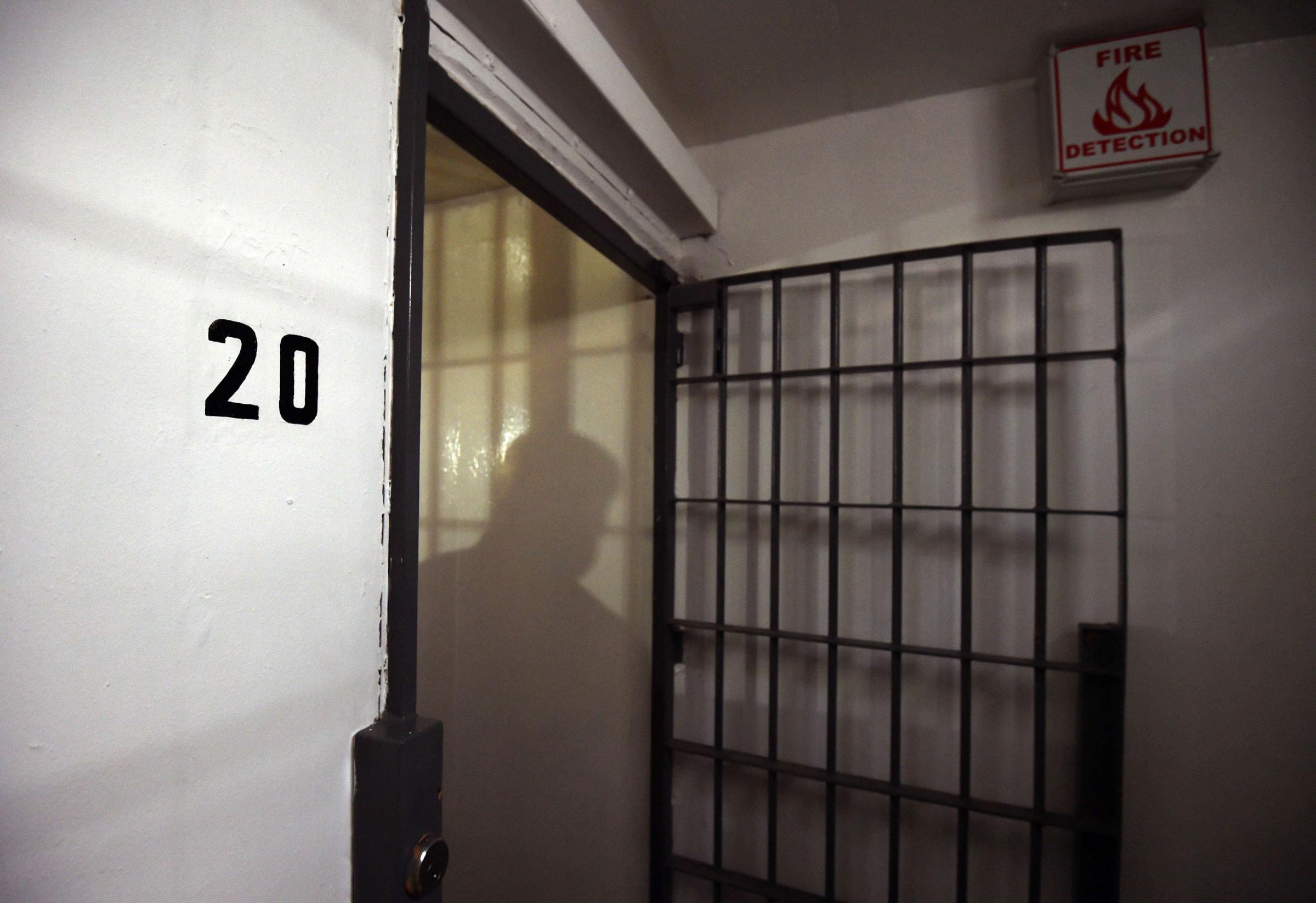
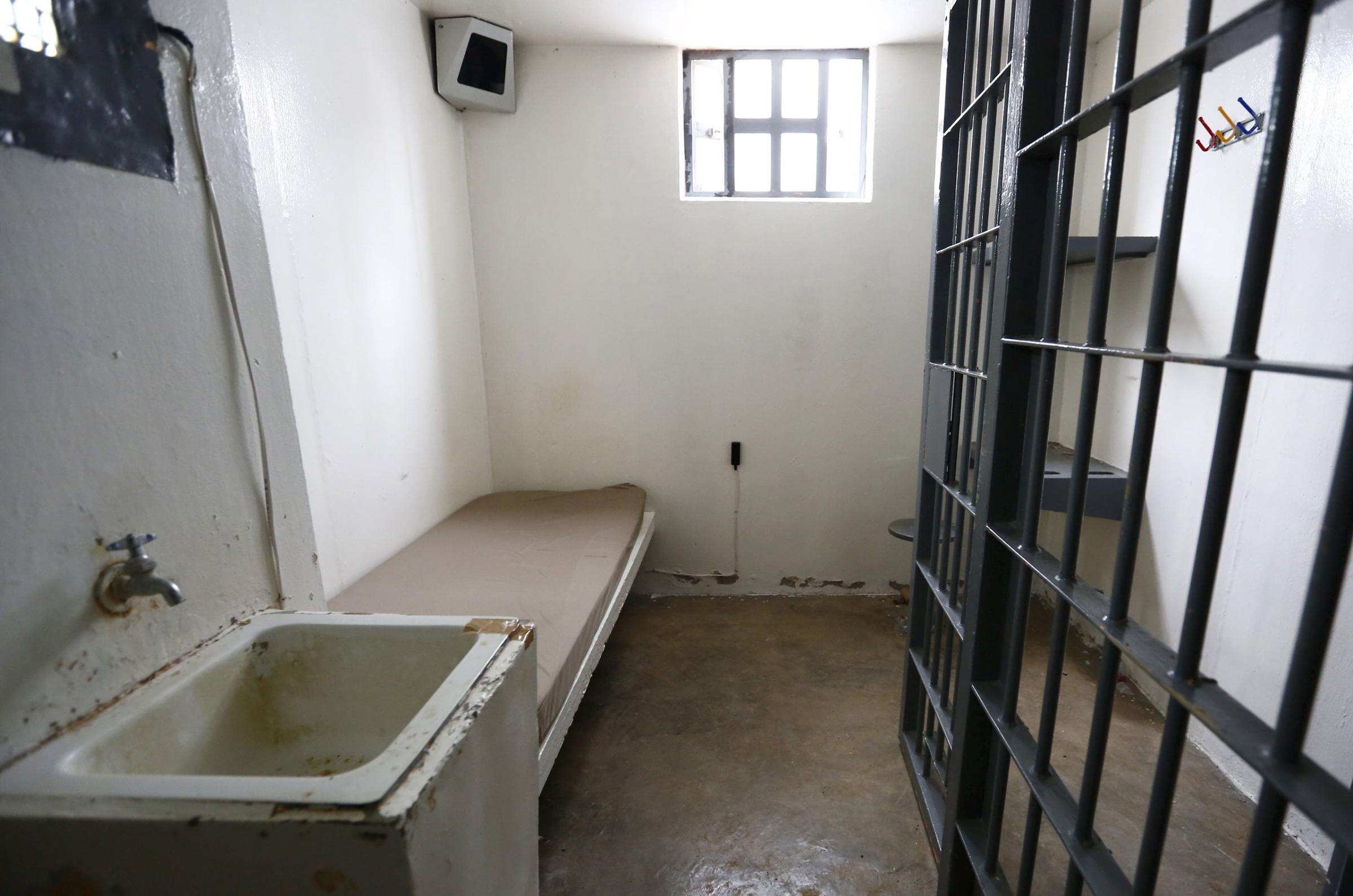
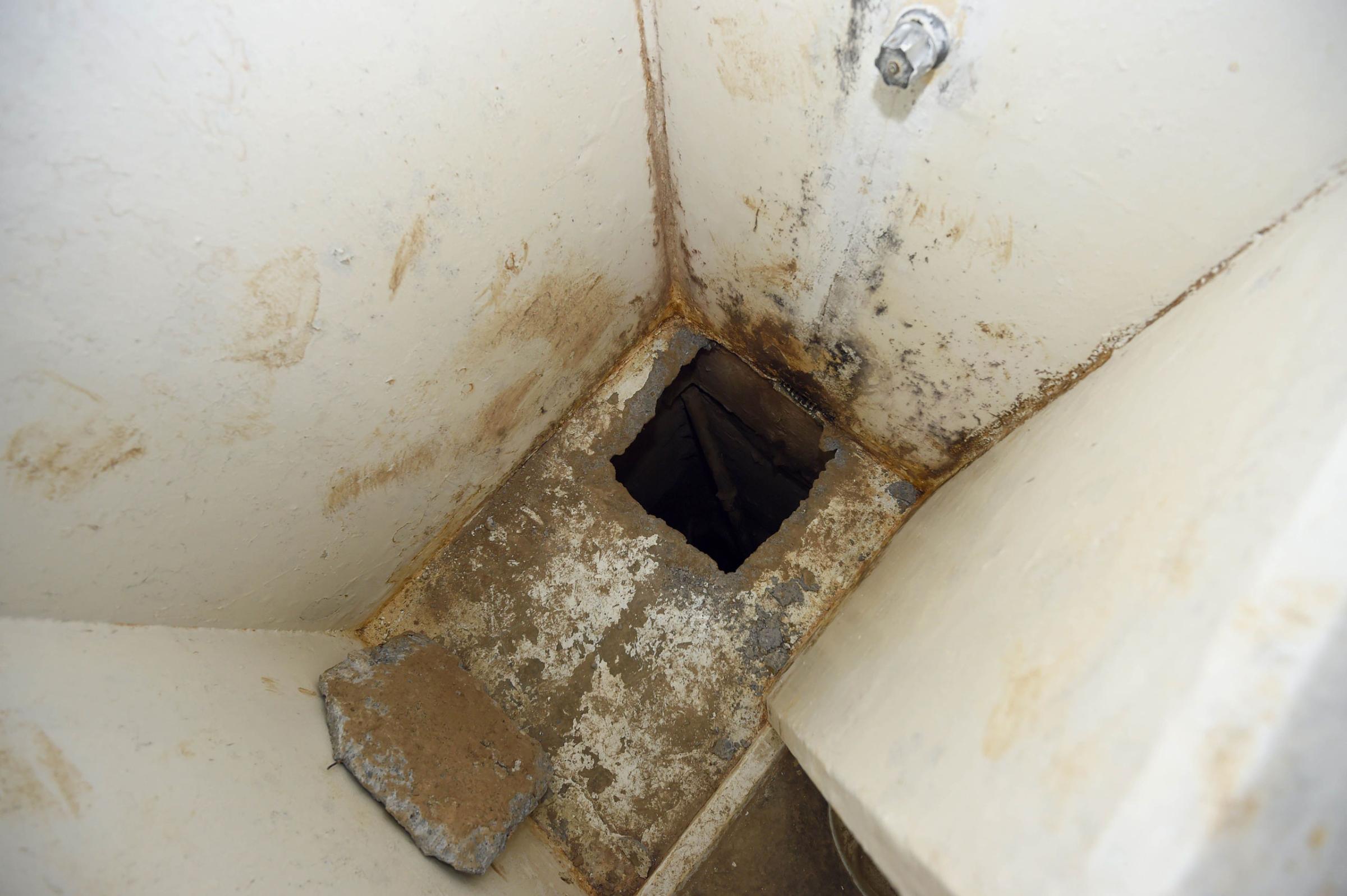
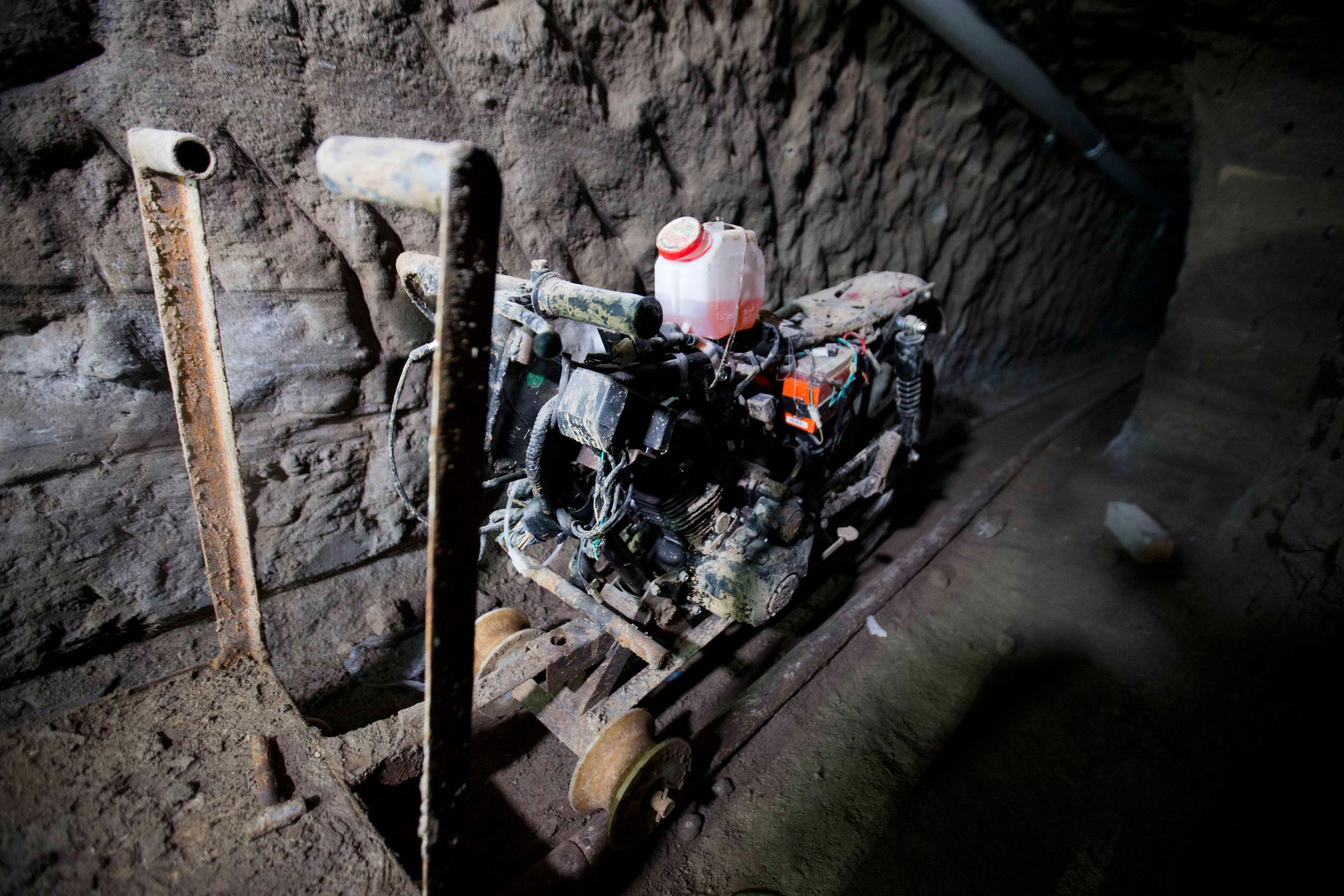
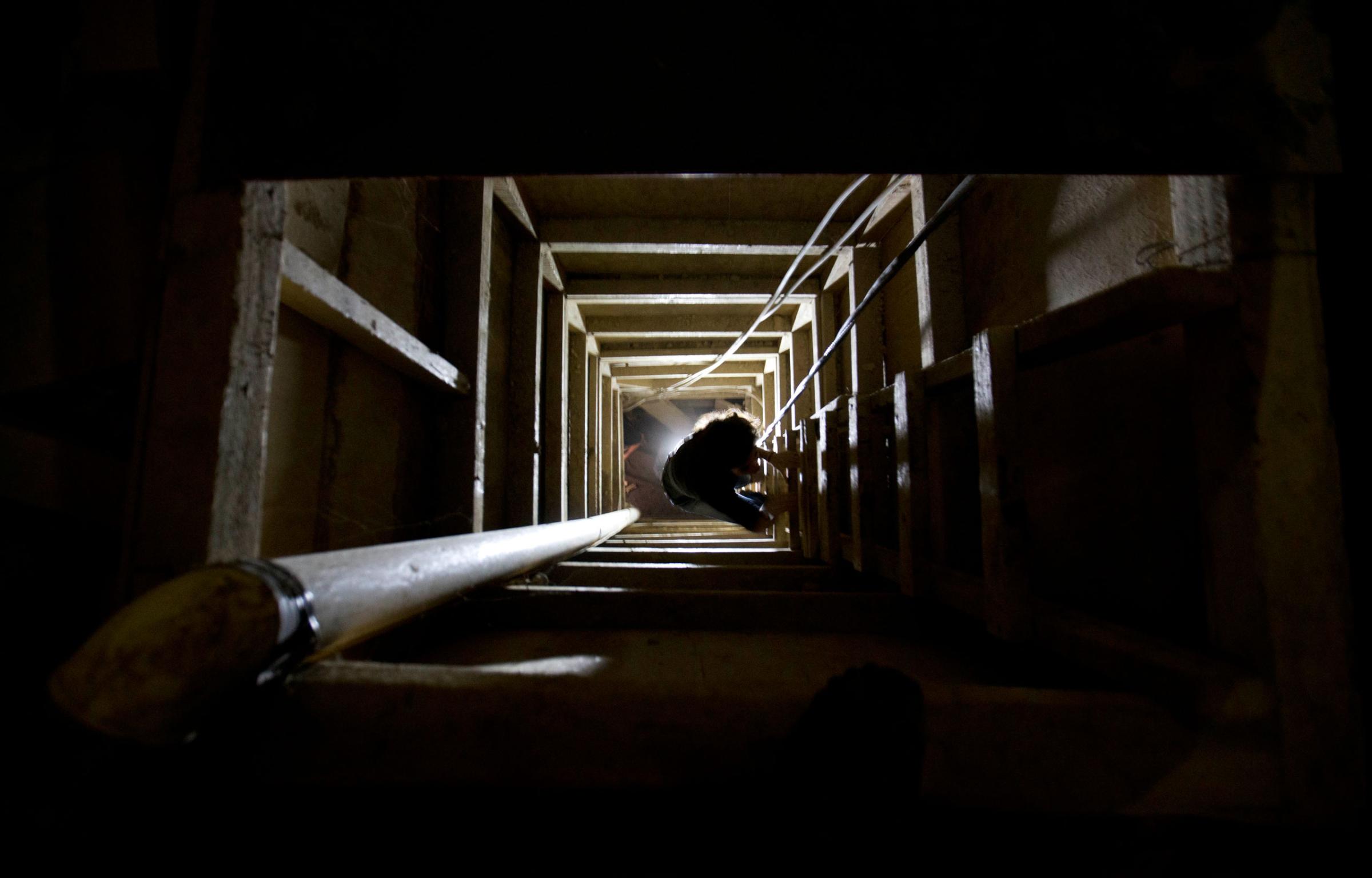
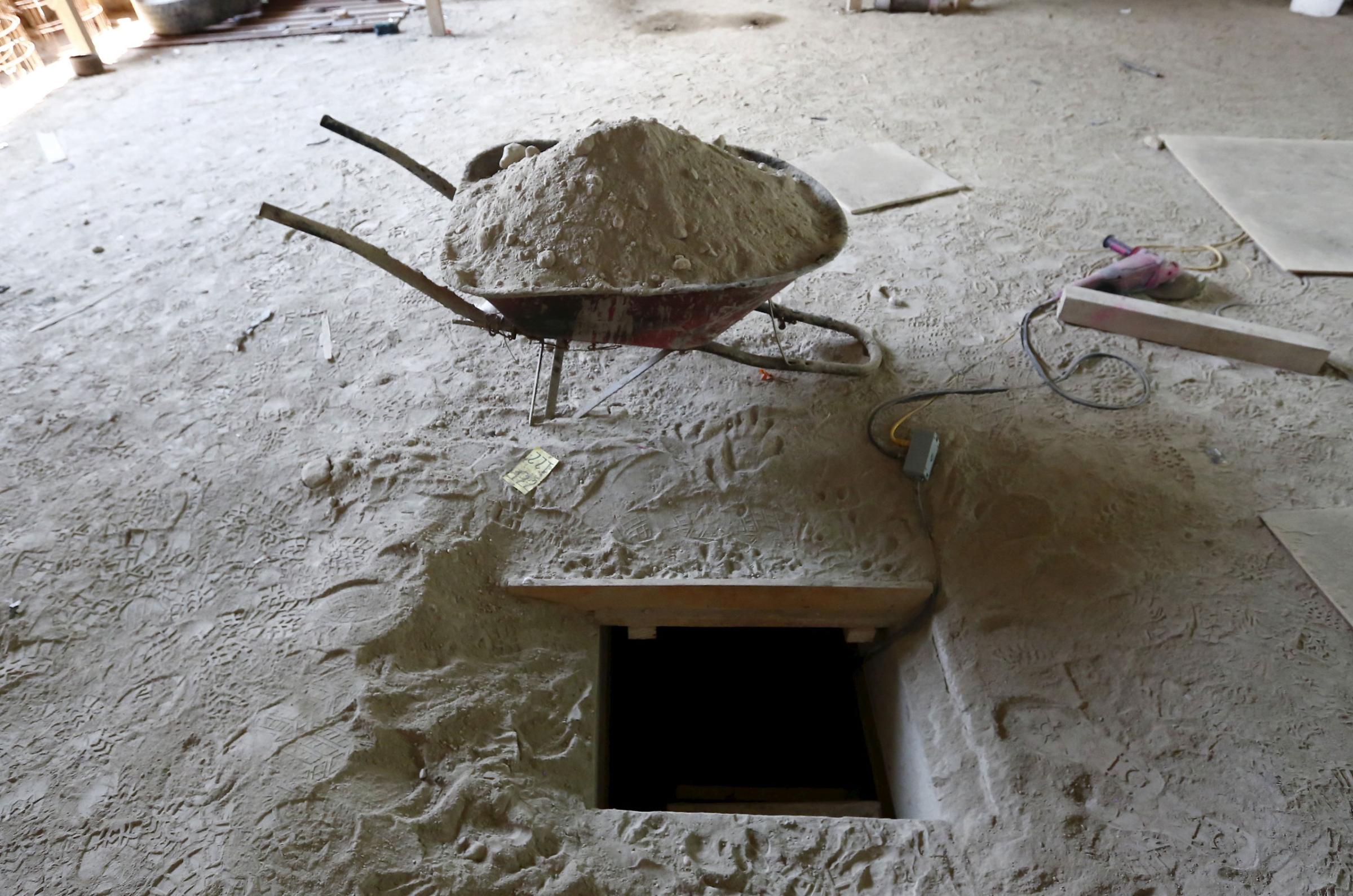
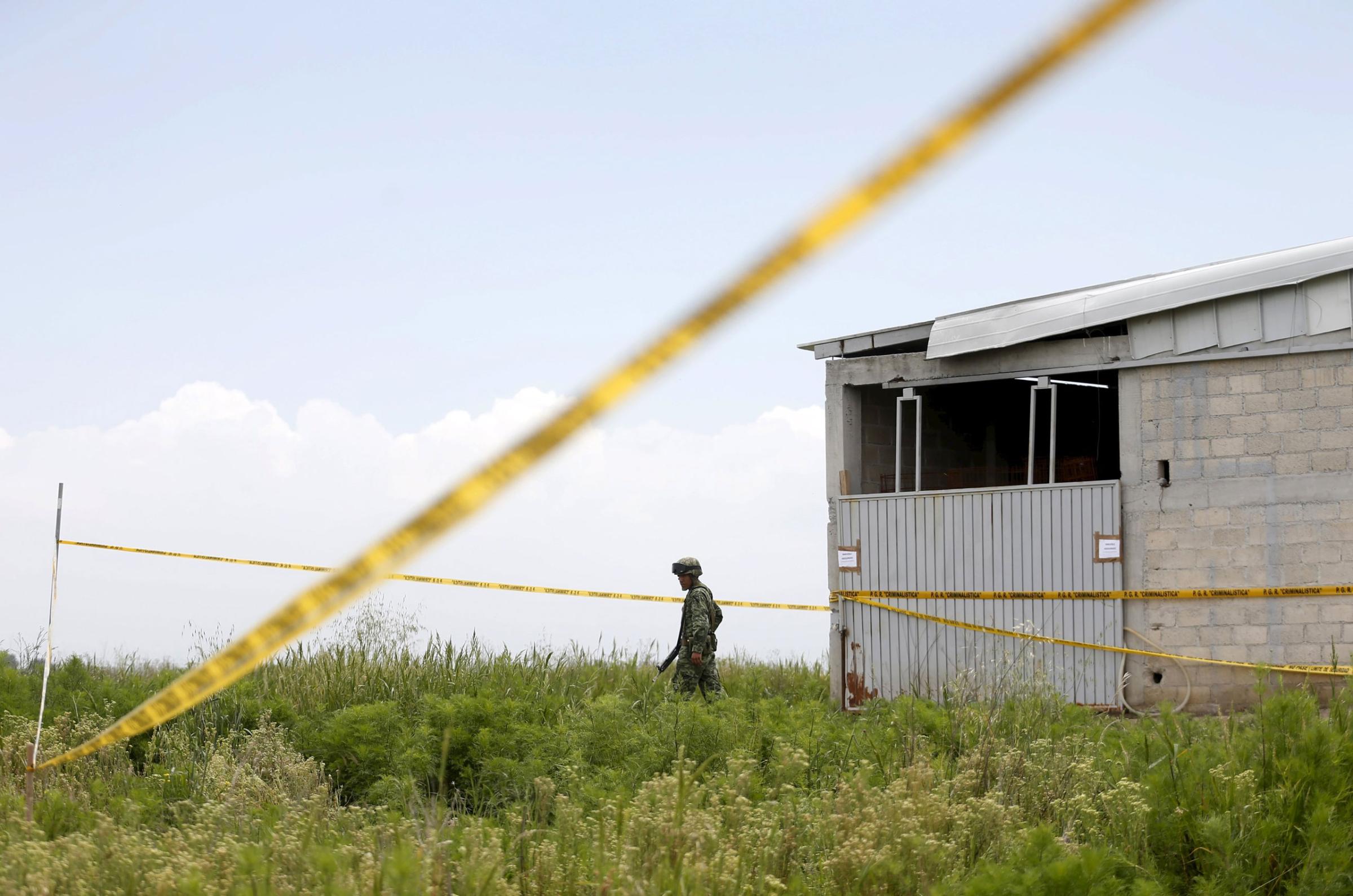
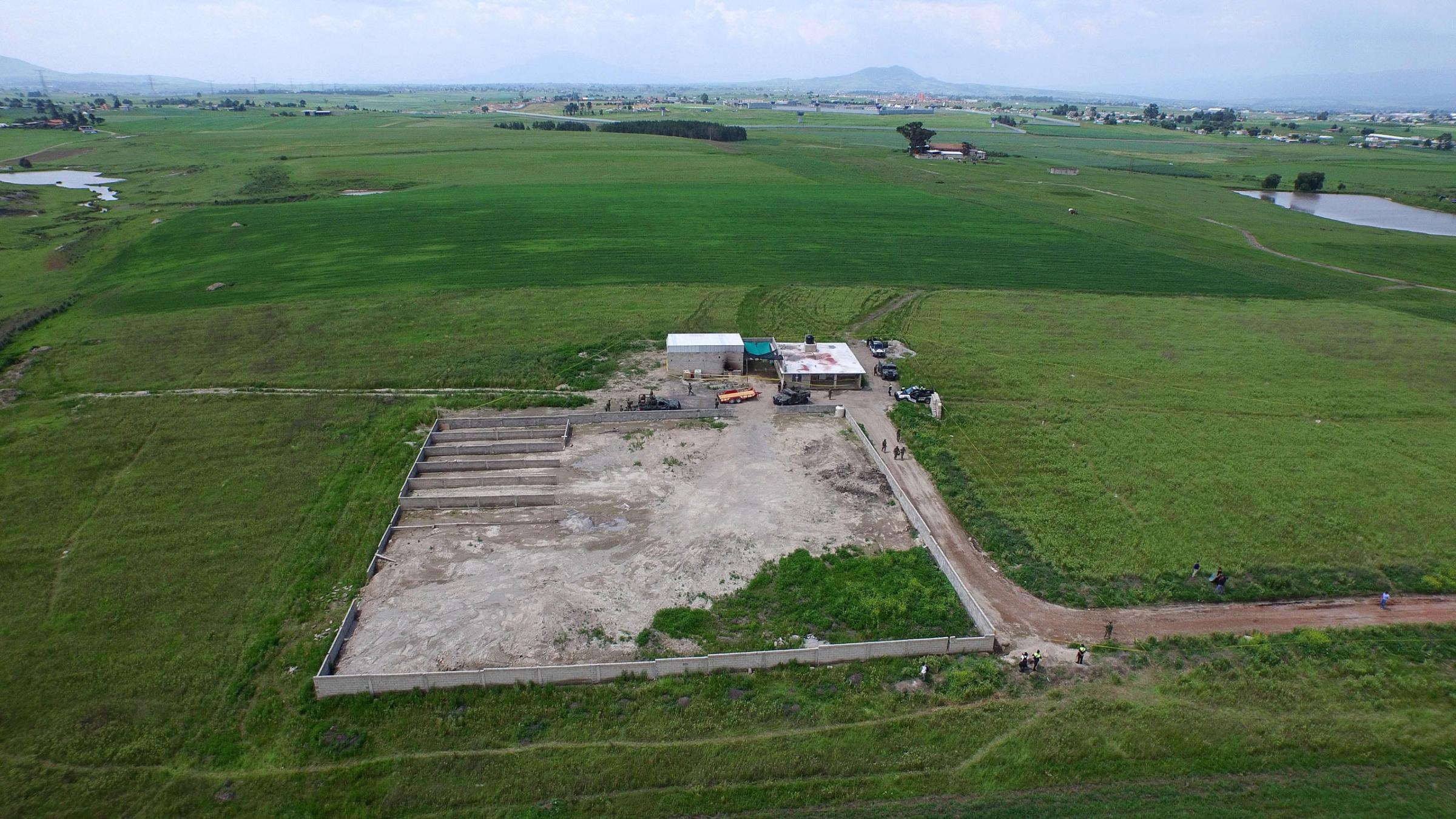
Read next: El Chapo May Have Made His Escape With the Help of a Sparrow
Download TIME’s mobile app for iOS to have your world explained wherever you go
More Must-Reads from TIME
- Donald Trump Is TIME's 2024 Person of the Year
- Why We Chose Trump as Person of the Year
- Is Intermittent Fasting Good or Bad for You?
- The 100 Must-Read Books of 2024
- The 20 Best Christmas TV Episodes
- Column: If Optimism Feels Ridiculous Now, Try Hope
- The Future of Climate Action Is Trade Policy
- Merle Bombardieri Is Helping People Make the Baby Decision
Contact us at letters@time.com